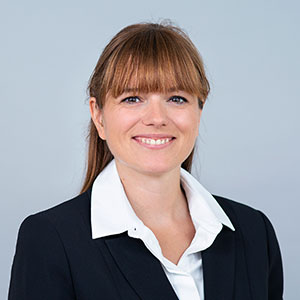Authors:
Kathrin Lutz PMP, ACP / Elena Milusheva, PMP / Alp Camci, PMP
 |
 |
 |
PMI Switzerland Chapter Elections: Your Vote, Your Impact (November 15 – December 15, 2023)
The Project Management Institute (PMI) Switzerland Chapter is a community driven by innovation, leadership, and collaboration. Please be on the lookout for an email from the Global PMI team on November 15 th with the voting instructions. We are counting on your involvement to shape the future of PMI Switzerland.
As we navigate a world of constant change, we want to highlight the power of voting. Your vote is important and here’s why it matters to PMI Switzerland:
- Shaping Our Chapter's Future: Your vote directly influences the leadership and direction of PMI Switzerland. By participating in chapter elections, you ensure that our leaders represent your values, interests, and vision for our community.
- Fostering Professional Growth: Your vote helps select leaders who are committed to advancing project management in Switzerland. With the right leadership, our chapter can offer more networking opportunities, professional development events, and resources to empower your career.
- Inclusivity and Diversity: Just as we promote diversity and inclusion in project management, your vote can support leaders who champion these values within our chapter, making it a welcoming and diverse community for all.
- Defending Our Rights: Voting is not just a right but a duty that safeguards the democratic principles we cherish. By participating in elections, you actively contribute to the protection of our democratic traditions.
We invite all PMI Switzerland members to actively engage in our chapter's elections, influence our direction, and contribute to the growth of our project management community. Be informed, participate, and make your voice count.
Your vote has the power to make a real impact right here. Join us in strengthening our community and advancing the practice of project management in our country.
You can vist the Elections page to know more about the candidates here : Elections
Thank you for your support!
Your Elections Team
Kathrin Lutz, Elena Milusheva and Alp Camci






